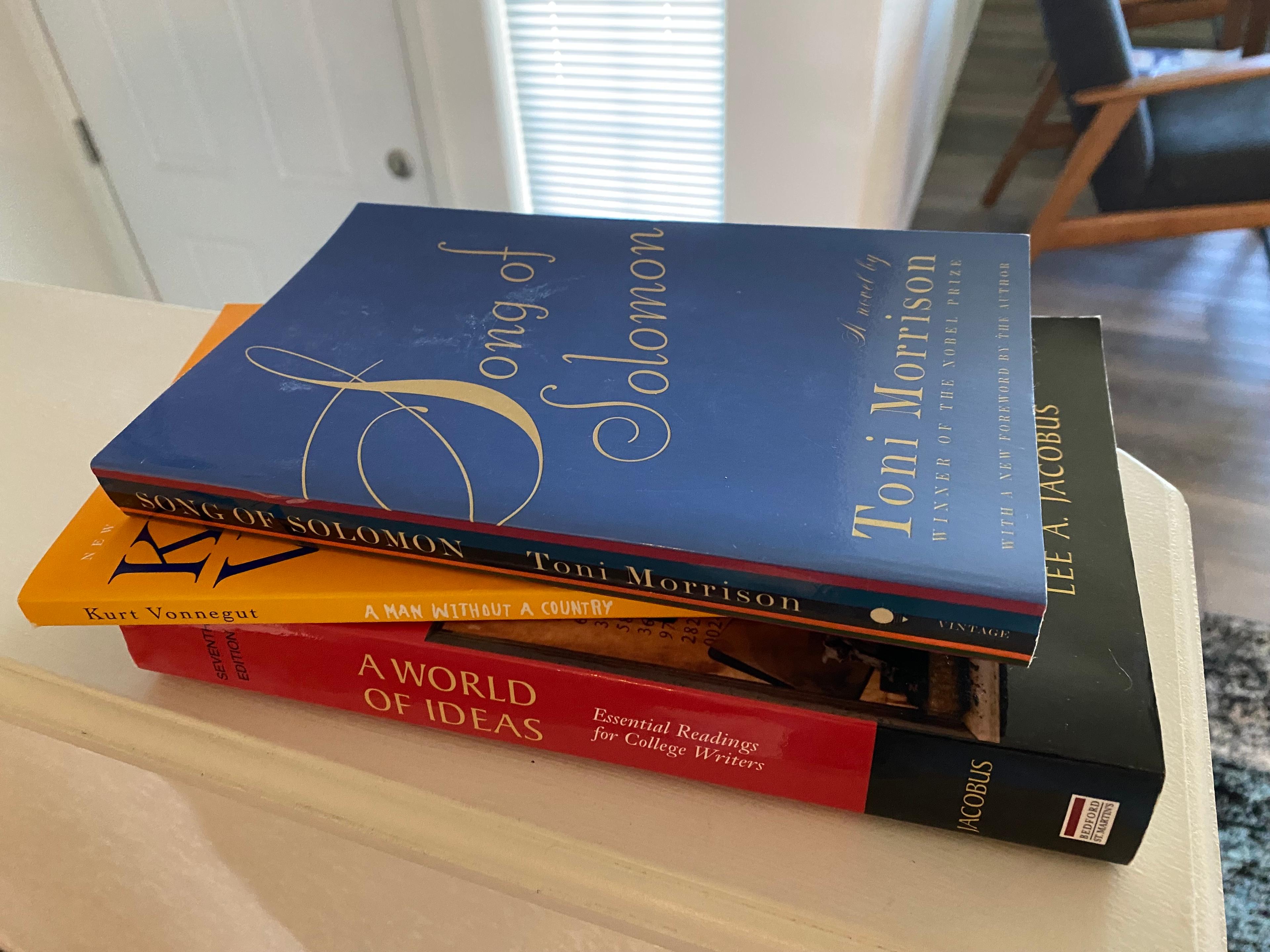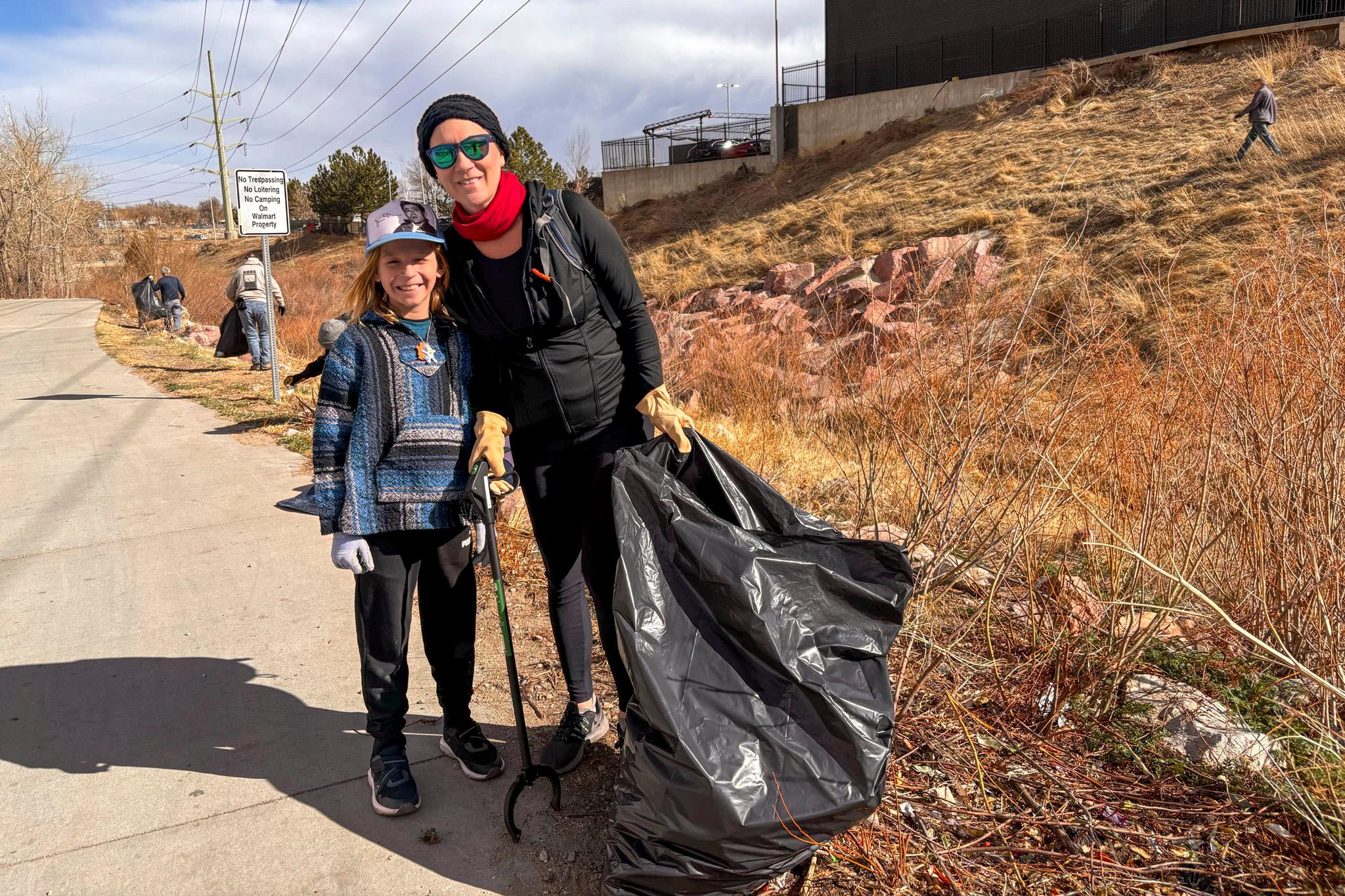
After months of tension and an historic vote in Colorado’s House of Representatives to oust state Rep. Steve Lebsock for allegations of sexual harassment, the lawmaker who led the accusations against him said she hopes things will permanently change for women at the statehouse.
“The women in the building are going to be believed,” said Rep. Faith Winter, a Westminster Democrat. “They felt that their voices were heard and valued, and I think it’s going to change the culture there.”
Winter lauded the bipartisan nature of the 52-9 vote against now-former representative Lebsock of Thornton — but said more ultimately needs to happen.
“We saw Republicans join us on Friday and stand up and say, ‘Enough is enough.’ … So, I think collectively all 100 of us need to decide what kind of culture we’re creating for democracy.”
In November, Winter became the first of five women to make allegations against Lebsock, and the first to file what eventually became three official misconduct complaints. Her accusations stemmed from an encounter with Lebsock at a May 2016 party that marked the end of the legislative session. Once she came forward, she said, she woke up every day “wondering what was going to happen next, when I was going to be attacked next and when I’d have to defend myself again.”
After a several-month “marathon,” that went from filing the complaint to Lebsock’s denial, to a final independent review and finally Friday’s vote, Winter said she was still surprised lawmakers voted to expel. She called it a rare day “where stories changed hearts and minds."
"We walked in, we didn’t have the votes and we ended up having 52. That’s because we respected each other, we listened to each other and the stories changed minds.”

Shortly before the vote, Rep. Steve Lebsock changed his party affiliation from Democrat to Republican. He later confirmed the switch Friday evening on Twitter.
I changed party affiliation at 3:02pm. As I walked down to speak for the last time, approx. 4pm, I handed the minority leader a document with affiliation change. Nothing was planned. He did not know about party change before. #copolitics
The move could allow Republicans to fill his seat and raised some skepticism that Lebsock cut a deal with the GOP. Winter doesn’t believe Republicans knew of the party change in advance: “When Mr. Lebsock came in the chamber for the last time, to speak one last time, he dropped a document off on the minority leader’s desk and we were all surprised and wondering what it was and it was the change of registration — so I don’t think anyone knew.”
Winter said her husband, son and daughter were supportive throughout the months of controversy. “It was so hard,” she said. “Thursday night, as I was preparing (for the vote), I was crying, and my daughter brought me a Kleenex and said, ‘Mom, you’re gonna be OK.’”
Read The Transcript
Faith Winter: The effect is that the women in the building are going to be believed. They felt that their voices were heard and valued, and I think it is going to change the culture there. Ryan Warner: When you say, "the women" I noticed you didn't say, "the female lawmakers." I imagine that you see this as a culture that affects more than just the elected folks under the dome. FW: Absolutely. In fact, I think it impacts our aides, our interns and the lobbyists even more than it impacts the lawmakers because they are the most vulnerable. By coming forward, they risk their careers, they risk their clients, they risk their income and now they have a safer place to work, too. RW: Indeed, when you spoke during the floor debate in the House Friday, you said, "Today is the day to shine a light on the culture that we have put up with for too long. Enough is enough." How do you think the Legislature will be most resistant to change? FW: I think the biggest obstacle is the Senate and if they're going to hold people accountable or the complaints in that chamber. RW: Now that could sound like a partisan volley. That's a chamber that's under Republican control. FW: This was not a partisan issue. We saw Republicans join us on Friday and stand up and say, "Enough is enough." The last thing I thought about coming forward was politics. So, I think collectively, all 100 of us need to decide what type of culture we're creating for democracy. RW: There was talk before the vote that it would be hard to get the eight Republicans you needed to expel Mr. Lebsock. The margin eventually was much larger. What do you think turned the tide? FW: Friday was one of those rare days where stories changed hearts and minds. We walked in, we didn't have the votes, and we ended up having 52. It's because we respected each other, we listened to each other, and the stories changed minds. RW: We spoke with one Representative who said the reason he voted to expel Lebsock is for the retaliation that he subjected his victims to. So not necessarily for the original transgressions, but for the fact that there was a verifiable paper trail, if you will, of a sort of harassment after the fact. What do you say to that? FW: That was a big part of the issue: waking up every day from the moment I came forward wondering what was going to happen next, when I was going to be attacked next, and when I'd have to defend myself again. RW: Say just a bit more about what form the retaliation took towards you in particular. FW: Sure. He repeatedly called me a "liar" in the media. He wrote a manifesto that was meant to humiliate and embarrass the victims. And he created an awful YouTube video designed to humiliate and embarrass me. RW: The cynic might ask about Lebsock's party affiliation change just before the vote. He became a Republican. And a cynic might ask is the reason Republicans eventually supported his ouster that they knew that they would get control of the seat. Do you have any indication that your Republican colleagues had a whiff of that before they cast votes? FW: I don't think they had any idea and when Mr. Lebsock came in the chamber for the last time to speak one last time, he dropped a document off on the minority leader's desk and we were all surprised and wondering what it was. It was the Change of Registration. So, I don't think anyone knew. RW: Take me to the moments during and immediately after the votes. Recording From Friday’s House Session: With 52 Yes votes, 9 No votes and 4 Excused, HR1005 is passed. RW: What was going through your head at the time and how are you right now? FW: It was a really surreal moment. I went into the chamber that morning thinking that we weren't going to have the votes and so to see the board light up with 52, I was a little bit in shock. RW: And now, how's the weekend been? FW: Well, yesterday, I went and trained a bunch of women to run for office. Now, I'm just ready to go to work and work on bills and debate policy and be in a building where I'm not scared anymore. RW: I want to say that there are some, including the State Senate President Kevin Grantham, who argue that people accused of sexual misconduct shouldn't be expelled from the Legislature unless they've been tried and convicted in court. Do you feel Representative Lebsock got due process? FW: Absolutely. If we are going to tell women that to come forward at the Capitol, you have to go through an independent investigation and then it has to meet criminal standards for anything to be done, that is way too high of a standard. RW: Is it possible that this process was too fast. That is one complaint I heard is that those who were voting didn't feel they had the time to vet the facts. FW: Well, for the victims, it was 112 days living in fear of retaliation. So, to the five of us that came forward, it felt really slow, and arduous, and long. We had three days to read a 38-page document from an independent investigator. We read longer bills than that all the time. RW: What have you learned about yourself in this process? FW: I have learned that I was braver and more courageous than I thought I could be and that I can make it through a marathon. RW: That's how you see this, just as, in a way, a run that felt unending. FW: I often said it's like climbing a fourteener and you see a false peak and you have to keep going. At first, we thought the report would be back before Session started, and then we thought it'd be back at the end of January, and then we heard it'd be back in mid-February. So, there was a lot of false peaks where we thought there'd be a conclusion, but we finally made it there. RW: You're listening to Colorado Matters. I'm Ryan Warner and my guest is Representative Faith Winter. We're speaking with her on Sunday in her home. This is after a historic vote in the Colorado House to expel a fellow lawmaker of hers who had many counts against him of sexual harassment. We're sitting in your dining room and your husband and your two kids, you have a son and a daughter, were kind enough to go upstairs to create a little bit of quiet and I have to wonder what the effect of this has been on them. FW: It was so hard. Thursday night, as I was preparing, I was crying and my daughter brought me a Kleenex and said, "Mom, you're going to be OK." I would come home and my son would say, "Did you have a good day or did the bully do something bad again?" I've always told them that we stand up to bullies and if they get bullied at school, you go to your teacher for help. I said, "I went and asked for help and help came this week and so we should always stand up to bullies." RW: You ask the teacher for help. In this case, that's the leadership in your chamber. Do you feel that leadership could have done anything differently, faster, better? FW: I think we have to evaluate our overall process. I don't think it's about leadership doing anything wrong, but on both sides of the aisle, what we've talked about are policies around harassment and updating them. I think one of the biggest things we could do is have the point of contact for any harassment in the capital be a neutral, non-partisan person instead of leadership. RW: You have talked about victim shaming, that that's occurred. What does that look like and I wonder if since the vote you've had any backlash. I know you've gotten quite a bit of support, the Colorado Coalition Against Sexual Assault thanked you for "standing up on behalf of all survivors." FW: Victim blaming is where we are told because we were women and "did something" that we deserved what happen. For example, someone said, "Why wasn't she at home with her children that night?" The answer is I'm a legislator who just finished session and passed a bunch of really good bills and I deserve to celebrate just like everyone else did that night. I've had emails and tweets about my appearance and how "lucky" I was that I was hit on. So, I've had some backlash, but I've had an incredible outpouring of support. I hope that people remember the support I got because I'm a very public person with a title, but what about the women that make the beds at the hotels or the waitresses? RW: You want to become, in some ways, an even more public figure. You're running for state senate and you've said this isn't about politics. But how will you talk about this as a candidate? FW: As a candidate, this is an example of the person I am and now people know a lot about me. What they know by watching me go through this process is that I have tenacity. That I'm strong and I'm brave and those are all things that we also need to use to pass legislation. But this wasn't political. I actually put my career at risk for this because I knew there'd be retaliation, there was retaliation, and I am still worried that that gets used against me. There's going to be millions of dollars spent against me in this race and now they have fodder from a YouTube video and a manifesto calling me a liar. One of the media reports said, "Lebsock said Winter lied." But there's still a headline out there that said "Winter Lied." You could easily put that into a mailer attacking me. But again, the last thing I was thinking of when I came forward was politics. I came forward because the behavior had not stopped; women were continuing to be targeted; women continued to be harassed and there was a way I could put a stop to it and I did. |








